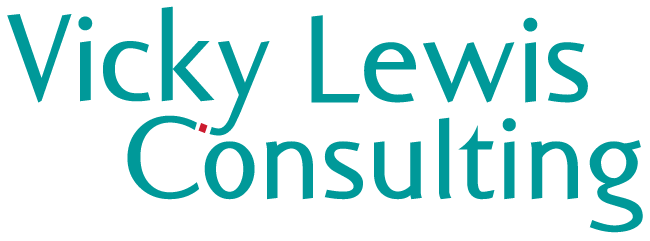International Strategy for Higher Education Institutions
International Strategy for Higher Education Institutions

Posted on by Vicky Lewis
There is a lot of debate going on in higher education circles about MOOCs (Massive Open Online Courses).
Are they a great tool to broaden access to higher education to new constituencies across the world? Or do they simply offer ‘free university education for highly qualified professionals’ (see this recent Institute of Education blog post )? Are they all about brand-building for the institutions involved? Will they change the face of higher education as we know it? Are they a fad?
This post doesn’t deal with any of those big issues.
Instead I wanted to share a few comments on what it was like for me to study on a MOOC (yes, I’m one of those highly qualified professionals who wouldn’t say ‘no’ to an injection of free university education….). This is very much a personal perspective on one specific MOOC (my first). I know there are others out there who are serial MOOCsters and therefore more qualified than I am to make generalisable comments and valid comparisons.
Anyway, I’ve just completed Coursera’s MOOC on Globalizing Higher Education and Research for the ‘Knowledge Economy’ , led by Kris Olds from University of Wisconsin-Madison (USA) and Susan Robertson from University of Bristol (UK). It was a seven-week programme and was running for the first time.
My main reasons for joining were (a) to experience being a MOOC student and (b) as a mechanism to plunge me back into some of the research and discussion topics that were a large part of my life when I was writing my Doctorate (2003-2007) but had faded into the background somewhat over the last few years.
The things I liked about being a MOOC student on this course were:
The things that were more frustrating (or could have been for some participants) were:
All in all, I enjoyed my first MOOC experience and am really pleased I stayed the course. Since it was free, there was always a risk that I would make an excuse not to see it through. I’d be interested to know how many people registered but either didn’t materialise or dropped out part way. All credit to the team for putting together a stimulating enough experience to keep me gripped.
|
|